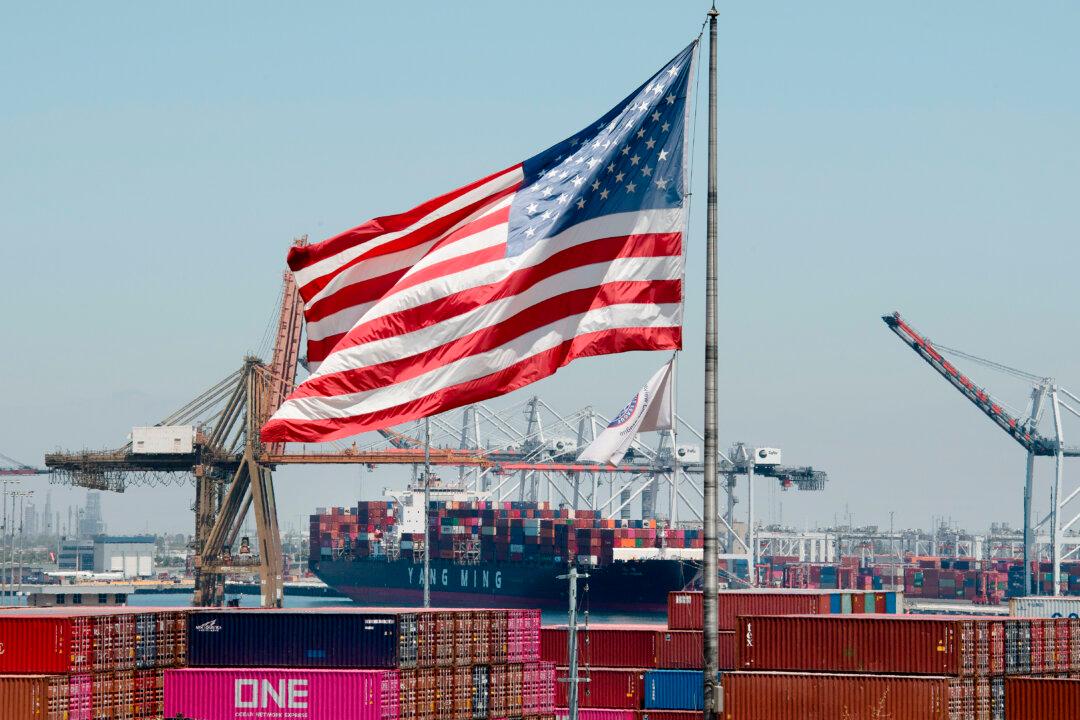Commentary
Inequality is all around us. It is a ubiquitous fact of life, whether we are comparing individuals or societies. Nobody “planned” inequality. No, let me modify that statement. It’s true that individual and social inequality occur naturally; however, tyrannical political beliefs and ideologies can add an artificial political inequality that is created by using force against one’s fellow human beings.





